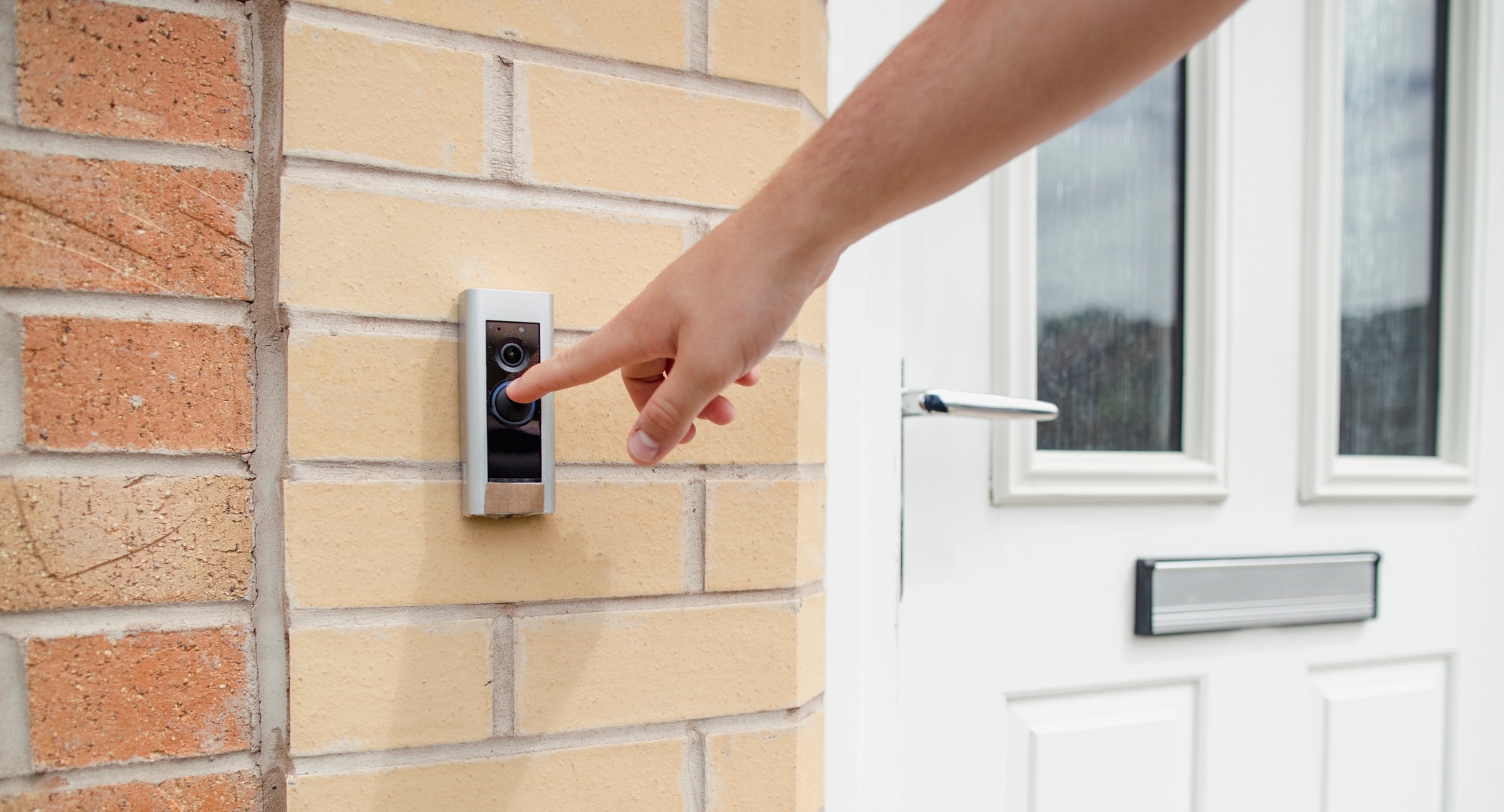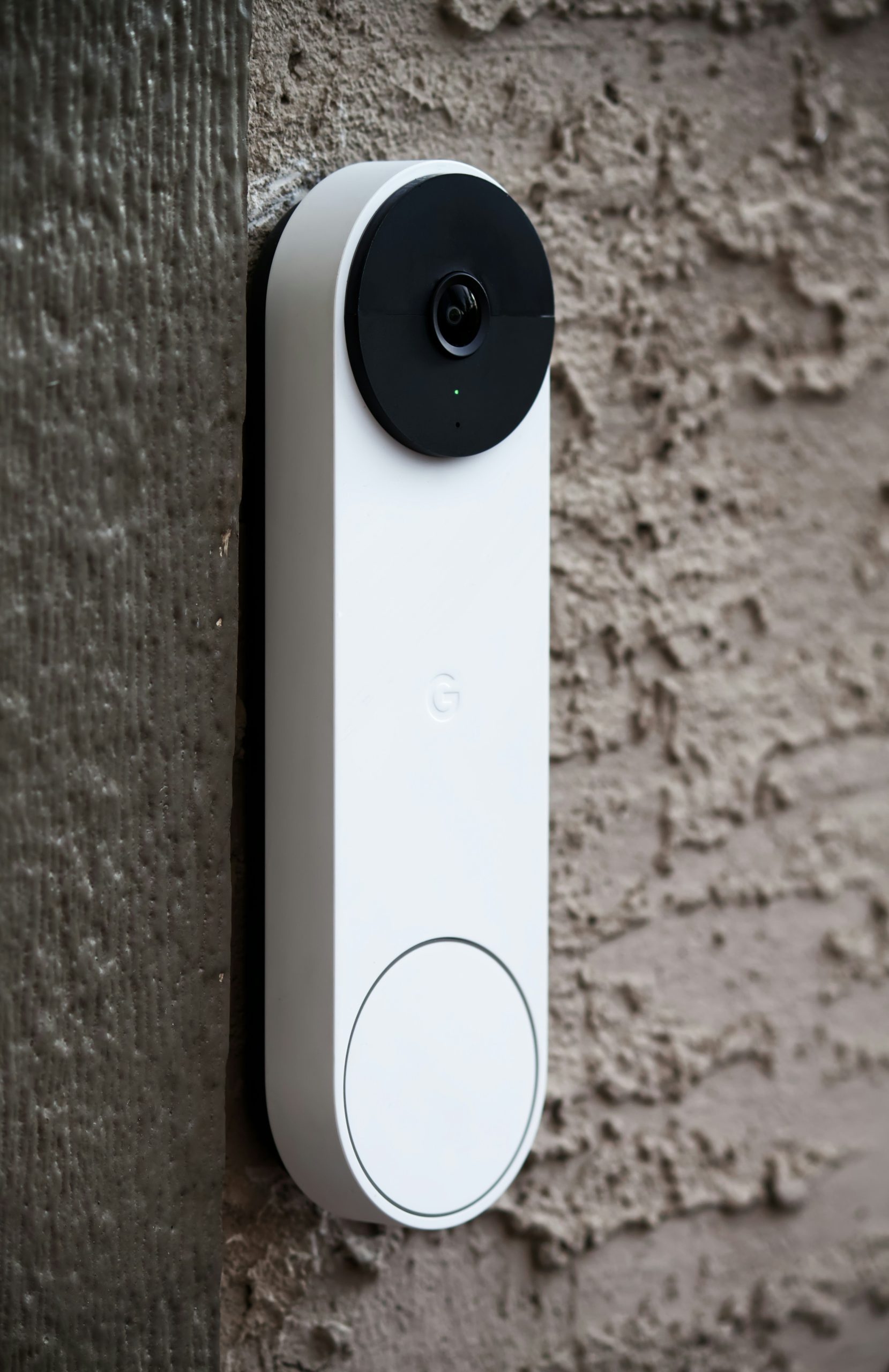
Smart doorbells have become a must-have in the modern home. With just a tap on your smartphone, you can see who’s at your door, chat with delivery drivers, or monitor package theft in real time. Brands like Ring, Nest, and Eufy have turned simple doorbells into sleek surveillance systems, promising peace of mind through cutting-edge technology.
But as these devices become more widespread, so do the questions surrounding them, particularly when it comes to privacy, consent, and legality. Are smart doorbells truly making neighborhoods safer? Or could they be blurring legal lines in ways that might land well-meaning users in court?
The convenience is undeniable, but so are the controversies. As smart doorbells record more than just your own doorstep, it’s time to ask: Are these tools of protection also tools of potential legal trouble?
Why Smart Doorbells Are So Popular
It’s easy to see why smart doorbells are booming in popularity. They offer security, convenience, and even social connection. Whether you’re monitoring for suspicious activity or asking the mail carrier to leave a package behind a planter, these devices give homeowners a sense of control.
Video doorbells also tap into our growing need for instant access. The ability to check in on your front porch while on vacation or receive motion alerts late at night can make anyone feel more secure. For parents, travelers, and city dwellers, this small device offers a big dose of reassurance.
Many smart doorbells even integrate with larger home automation systems, syncing with locks, lights, and alarms. From a tech standpoint, they’re incredibly efficient, combining hardware, apps, cloud storage, and even AI-driven facial recognition. But while the benefits seem clear, the line between security and surveillance is getting thinner.
When Convenience Crosses Into Surveillance
One of the biggest concerns around smart doorbells isn’t how they function. It’s where they’re pointed. Most users assume they’re just recording their property, but wide-angle lenses often capture sidewalks, streets, and neighbors’ driveways.
This raises serious privacy questions. Should a neighbor have to be recorded every time they walk their dog past your house? Is it legal to capture audio and video of someone without their consent, even if they’re on public property?
In the U.S., the answer varies. Laws around recording audio and video differ by state. Some states require “one-party consent,” meaning only one person in a conversation (you) needs to agree to the recording. Others require “two-party consent,” meaning everyone involved must give permission.
In 2022, a UK court even ruled that a Ring doorbell owner’s use of the device amounted to an invasion of a neighbor’s privacy, ordering the user to pay damages. Legal experts say similar cases could become more common in the U.S. as awareness and concern grow around home surveillance.
Could You Be Sued for Your Doorbell Footage?
It’s possible. Legal experts say homeowners can face lawsuits if their smart doorbell records conversations or captures people beyond the intended range, especially if those recordings are shared or used in a way that causes harm.
For example, imagine your doorbell camera picks up a heated argument between neighbors on the sidewalk. If you post that footage online, whether to shame, mock, or simply “go viral,” you could be liable for defamation, breach of privacy, or even wiretapping violations, depending on the laws in your state.
Even well-intentioned sharing can get tricky. Some neighborhoods have group chats or community watch programs where residents upload clips of suspicious activity. But posting footage without redacting faces or voices can raise legal concerns, especially if it includes minors, license plates, or people unrelated to any crime.
Then there’s the issue of storage. Many smart doorbells store footage in the cloud, raising questions about who owns the data and how it could be used (or subpoenaed) in legal proceedings.
Law Enforcement and the Ethics of Access
Smart doorbells have also drawn attention for their partnerships with law enforcement. Ring, in particular, has been criticized for allowing police departments to request footage directly from users, sometimes without a warrant.
While some homeowners see this as a positive way to support local crime prevention, privacy advocates warn of a growing surveillance state fueled by private citizens. When does community safety cross into over-policing? And what rights do people have when their neighbor’s front porch is unknowingly recording them?
This blurring of public and private surveillance creates new ethical dilemmas. You might have installed a smart doorbell to keep your packages safe, but in doing so, are you contributing to a system that monitors every movement on your street?

How to Use Smart Doorbells Responsibly
If you already own a smart doorbell or are thinking of getting one there are ways to use it without stepping into legal gray areas:
-
Check your state’s laws around recording audio and video. Know whether consent is required.
-
Adjust your camera’s angle to avoid capturing areas beyond your own property whenever possible.
-
Let visitors know they’re being recorded. A simple sign can go a long way in maintaining transparency.
-
Don’t share footage online without consent, especially if it includes identifiable people.
-
Review your app’s privacy settings and consider how your data is stored or shared.
Being a responsible user doesn’t mean you can’t benefit from the tech. It just means being aware of the bigger picture and respecting the boundaries of others.
The Future of Neighborhood Surveillance
As smart home tech continues to evolve, these legal and ethical conversations will only grow louder. Already, some cities are exploring regulations around residential surveillance, while consumer protection groups call for clearer policies from tech companies.
In many ways, smart doorbells have become a symbol of our increasingly monitored world. They offer security in uncertain times but also raise tough questions about the balance between safety and freedom, protection and privacy.
Ultimately, how we use them and how courts decide to treat them could shape the future of neighborhood life.
Do you think smart doorbells help make neighborhoods safer, or are they creating more problems than they solve? Should there be stricter laws on where and how they’re used
Read More:
3 Ways to Save Money With Smart Home Tech
19 Technological Advancements Some Fear Are Leading Us Toward a Dystopian Future
Riley is an Arizona native with over nine years of writing experience. From personal finance to travel to digital marketing to pop culture, she’s written about everything under the sun. When she’s not writing, she’s spending her time outside, reading, or cuddling with her two corgis.
